IIE is proud to celebrate Jewish American Heritage Month and pay tribute to the contributions and leadership of Jewish Americans to IIE, the field of international education, and the world. To commemorate Jewish Heritage Month this year, we took a look back at the Emergency Committee in Aid of Displaced German (later Foreign) Scholars.
In the 1930s, Jewish scholars had been dismissed from their university positions in Europe. Through the Emergency Committee in Aid of Displaced German Scholars, IIE stepped in, providing space for some of Europe’s brightest minds to cultivate their ideas and continue their research at U.S. colleges and universities; these acts saved the lives and scholarship of prominent scientists, writers, and other talented individuals who might have faced persecution or death because of their background and beliefs.
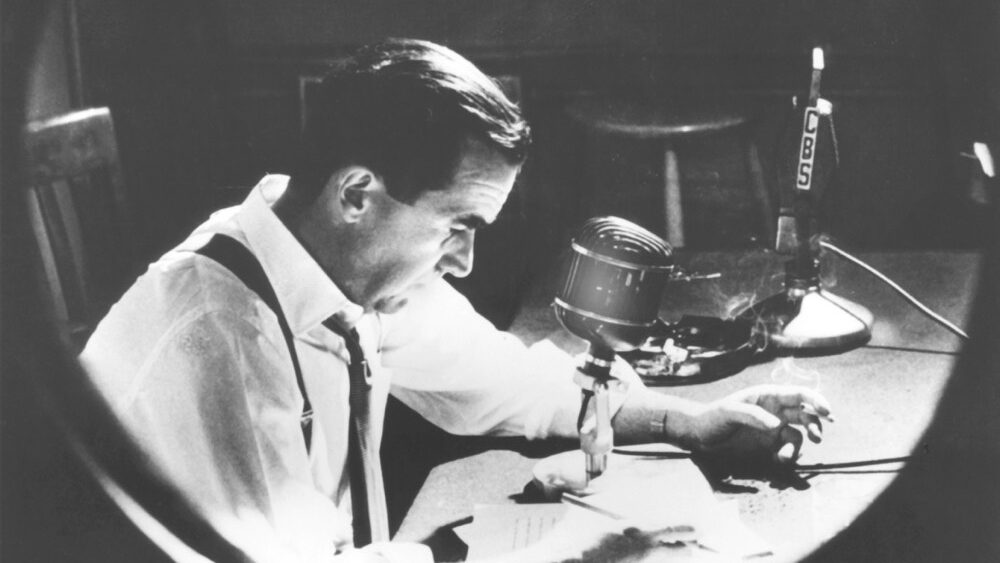
From 1933 to 1935, American broadcast journalist Edward R. Murrow chaired the Committee, playing a lead role in finding positions and securing funding for refugee scholars from Europe. It was after his time at IIE that Murrow rose to prominence, covering World War II in a series of live CBS radio broadcasts from Europe. In an interview later in his life, Murrow reflected on his time at IIE: “It was the most personally satisfying undertaking in which I have ever engaged, and contributed more to my knowledge of politics and international relations than any similar period in my life.”
It was the most personally satisfying undertaking in which I have ever engaged, and contributed more to my knowledge of politics and international relations than any similar period in my life.”
Edward R. Murrow
Assistant Director of IIE and Chair of the
Emergency Committee in Aid of Displaced Scholars
Determined to surmount financial and social barriers to entry at U.S. higher education institutions, IIE worked with philanthropic organizations to secure funding for the scholars. The contributions of the Rockefeller Foundation and private philanthropists would extend beyond $1.5 million and between 1933 and 1946, approximately 400 European scholars received such aid. United States higher education gained notable scholars such as Martin Buber, Paul Tillich, Jacques Maritain, and even Nobel Prize laureates.
These four biographical portraits represent just a few of the intellectuals aided by the work of the Emergency Committee:
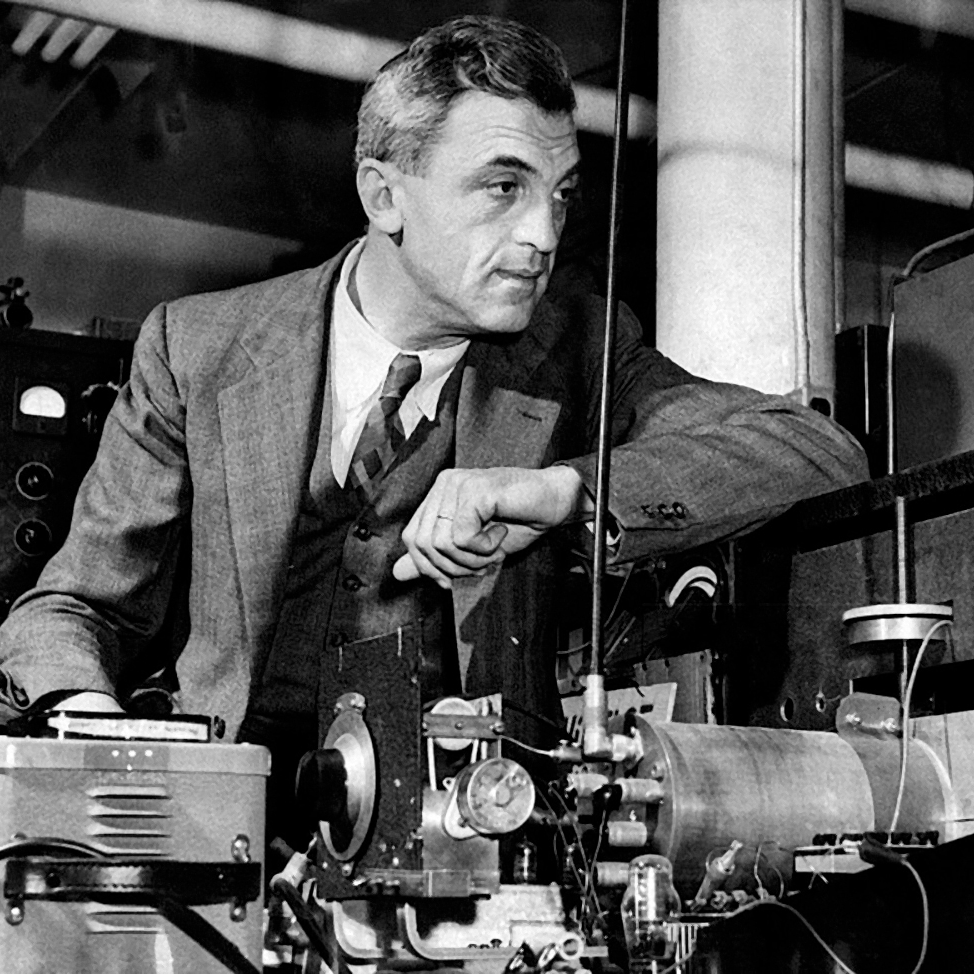
Felix Bloch
October 23, 1905-September 10, 1983
OF NOTE: NOBEL PRIZE IN PHYSICS (1952)
Felix Bloch began studying physics in his hometown of Zurich before moving on to complete his PhD at Leipzig University in 1928. In 1933, while Bloch was serving as a lecturer in Germany, Adolf Hitler came to power, which prompted the young physicist, who was Jewish, to flee Germany. In 1934, the Stanford University Department of Physics Chairperson invited Bloch to join the faculty. Bloch went on to become one the world’s preeminent physicists, known for his work on nuclear magnetic induction. In 1952, he received the Nobel Prize in Physics.
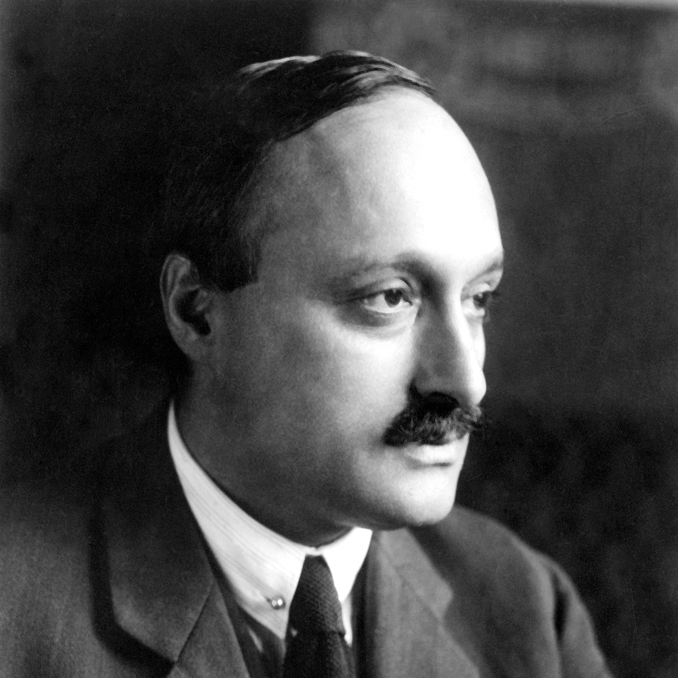
James Franck
August 26, 1882 – May 21, 1964
NOTABLE ACHIEVEMENTS: NOBEL PRIZE IN PHYSICS (1925)
Franck was a German physicist who resigned his position at the University of Göttingen in 1933 following Hitler’s rise to power. Franck showed solidarity with his Jewish colleagues who were being dismissed from German universities under Nazi rule. In 1935, Franck moved to the United States, where he was appointed professor at Johns Hopkins University. He eventually worked on the atomic bomb with other scientists on the Manhattan Project. In addition to the Nobel Prize for Physics in 1925, Franck was awarded the Max Planck Medal in 1953.
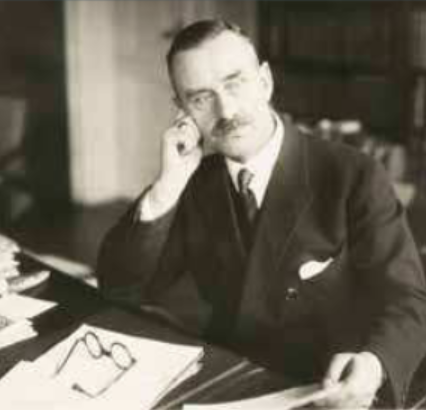
Thomas Mann
June 6, 1875-August 12, 1955
OF NOTE: NOBEL PRIZE IN LITERATURE (1929)
Paul Thomas Mann is renowned throughout the world for his body of powerful and often profoundly symbolic literature. His 1901 novel, Buddenbrooks, was such a tour de force that the Nobel Prize in Literature was awarded to the German writer in 1929 primarily for that literary masterpiece. Years after receiving the award, Mann began a life of self-imposed exile in response to the rise of the Nazis.
Mann lived in Switzerland initially, but in 1938, the President of Princeton University invited him to serve as a lecturer in the United States. Mann eventually moved to California, becoming a naturalized U.S. citizen before returning to Europe, where he died in 1955.
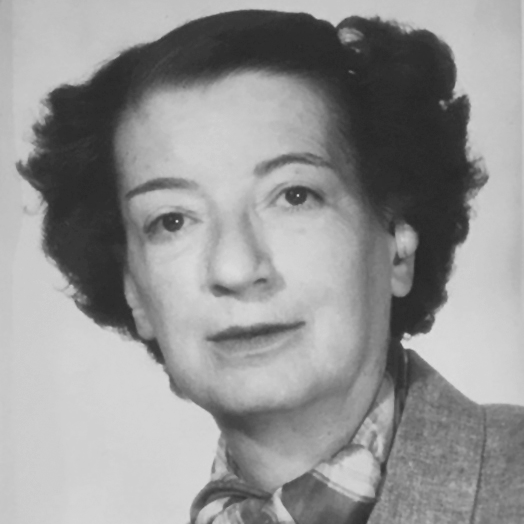
Johanna Gabrielle Ottilie “Tilly” Edinger
November 13, 1897- May 27, 1967
OF NOTE: FOUNDER OF PALEONEUROLOGY
Tilly Edinger, a German-born Jewish scientist, published her first book, Fossil Brains, in 1929, establishing the discipline of paleoneurology.
Putting her at even greater risk from the Nazi regime, Edinger had been going deaf from otosclerosis since she was a teenager. In the United States, she continued her work at the Harvard Museum of Comparative Zoology and became the first female President of the Society of Vertebrate Paleontology. Edinger published nearly one hundred books and articles, singlehandedly establishing that fossilized brains could inform our understanding of brain evolution.